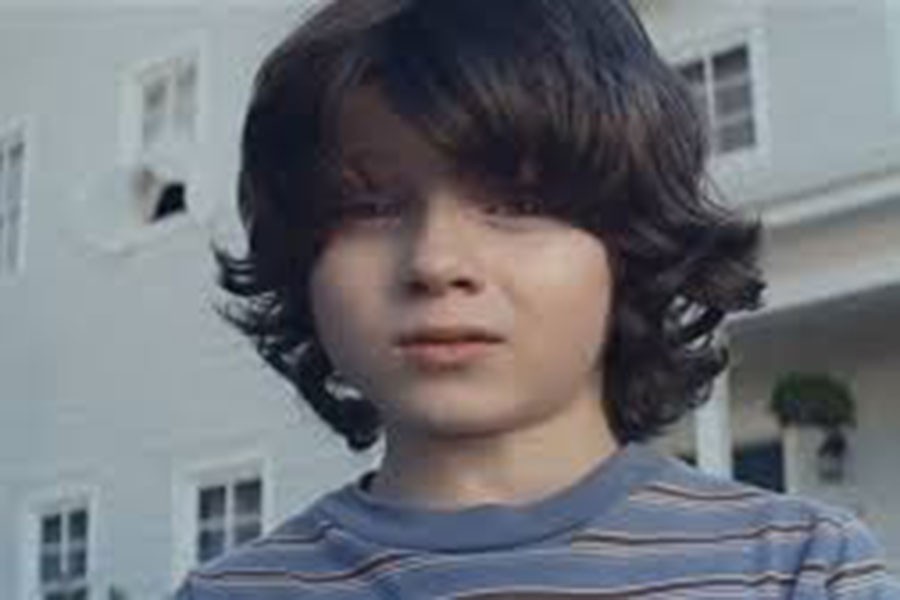Super Bowl Disappointment
February 25, 2015
Everyone, in some form, knows the “important” parts of the Super Bowl by the next day, even if your TV wasn’t on. All the media sites went crazy again for Super Bowl XLIX’s half-time show, the plays, the players, and of course, the infamous Super Bowl commercials. This year, like every year, controversy erupted during every break. Sure, some of the advertisements were funny, but this year more serious turns caught everyone off guard. People complained and the internet exploded with criticism.
Some honorable mentions were Weight Watchers’; a PSA by coalition No More, which showed a scene of domestic violence; Esurance, who featured Walter White from AMC’s popular show Breaking Bad as a pharmacist; and Chrysler’s commercial promoting their Fiat’s 2016 Fiat 500xcrossover—this one setting the scene for an older Italian couple about to get lucky and instead a little blue pill fueled the car.
One bit that had everyone talking was the Always commercial. It comparing different age groups of girls asking what it meant to be a girl and what it looked like to “run like a girl” and “throw like a girl”. The males who were complaining that there wasn’t a commercial for them, and then they took it to another level and started a trending hashtag of #likeaboy in exchange for the #likeagirl that the commercial promoted to lift girls’ self-confidence. Guys have the Dr. Pepper with “Ten manly calories”, and Taco Bell’s steak beefy-layered burrito, specifically for them, but the man-world nearly collapsed when threatened with a moment of feminism.
The award for most controversial that made it all over websites was the Nationwide commercial that featured a small child listing things he’d never be able to do, to only find out it’s because he’d died in a home accident. This certainly surprised viewers across the nation, killing and chilling the football hype for a minute. Perhaps that was their goal— to get people to really listen closely to the ads and take a serious moment to think about their life choices. Sure, the insurance company captured everyone’s attention, but not for the chance of improved life insurance, but just something for Twitter to blow up over about how it was too intense for people. Maybe there is some chance it could’ve been a successful advertisement had it not been during the awful timing of interrupting one of America’s most traditional celebrations
A 30-second ad during a Super Bowl costs $4.5 million, so businesses have to try their hardest to appeal to any audience and make it memorable. This year was a mission accomplished, more or less. The 2015 target audience would say that most of them was “money wasted”. Better luck next year to the company owners.


